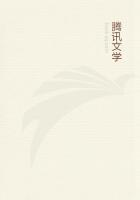ISRAEL'S HOME-COMING
ISRAEL'S return home was an experience at all points the reverse of his going abroad.He had seven dollars in the pocket of his waistband on setting away from Fez, out of the three hundred and more with which he had started from Tetuan.His men had gone on before him and told their story.So the people whom he came upon by the way either ignored him or jeered at him, and not one that on his coming had run to do him honour now stepped aside that he might pass.
Two days after leaving Fez he came again to Wazzan.
Women were going home from market by the side of their camels, and charcoal-burners were riding back to the country on the empty burdas of their mules.It was nigh upon sunset when Israel entered the town, and so exactly was everything the same that he could almost have tricked himself and believed that scarce two minutes had passed since he had left it.
There at the fountains were the water-carriers waiting with their water-skins, and there in the market-place sat the women and children with their dishes of soup; there were the men by the booths with their pipes ready charged with keef, and there was the mooddin in the minaret, looking out over the plain.
Everything was the same save one thing, and that concerned Israel himself.
No Grand Shereef stood waiting to exchange horses with him, and no black guard led him through the town.Footsore and dirty, covered with dust, and tired, he walked through the streets alone.
And when presently the voice rang out overhead, and the breathless town broke instantly into bubbles of sounds--the tinkling of the bells of the water-carriers, the shouts of the children, and the calls of the men--only one man seemed to see him and know him.
This was an Arab, wearing scarcely enough rags to cover his nakedness, who was bathing his hot cheeks in water which a water-carrier was pouring into his hands, and he lifted his glistening face as Israel passed, and called him "Dog!" and "Jew!" and commanded him to uncover his feet.
Israel slept that night in one of the three squalid fondaks of Wazzan inhabited by the Jews.His room was a sort of narrow box, in a square court of many such boxes, with a handful of straw shaken over the earth floor for a bed.On the doorpost the figure of a hand was painted in red, and over the lintel there was a rude drawing of a scorpion, with an imprecation written under it that purported to be from the mouth of the Prophet Joshua, son of Nun.
If the charm kept evil spirits from the place of Israel's rest, it did not banish good ones.Israel slept in that poor bed as he had never slept under the purple canopy of his own chamber, and all night long one angel form seemed to hover over him.It was Naomi.
He could see her clearly.They were together in a little cottage somewhere.The house was a mean one, but jasmine and marjoram and pinks and roses grew outside of it, and love grew inside.And Naomi!
How bright were her eyes, for they could see! Yes, and her ears could hear, and her tongue could speak!
Two days after Israel left Wazzan he was back in the bashalic of Tetuan.
Each night he had dreamt the same dream, and though he knew each morning when he awoke with a sigh that his dream was only a reflection of his dead wife's vision, yet he could not help but think of it the long day through.He tried to remember if he had ever seen the cottage with his waking eyes, and where he had seen it, and to recall the voice of Naomi as he had heard it in his dream, that he might know if it was the same as he used to think he heard when he sat by her in his stolen watches of the night while she lay asleep.Sometimes when he reflected he thought he must be growing childish, so foolish was his joy in looking forward to the night--for he had almost grown in love with it--that he might dream his dream again.
But it was a dear, delicious folly, for it helped him to bear the troubles of his journey, and they were neither light nor few.
After passing through El Kasar he had been robbed and stripped both of his small remaining moneys and the better part of his clothes by a gang of ruffians who had followed him out of the town.
Then a good woman--the old wife, turned into the servant of a Moor who had married a young one--had taken pity on his condition and given him a disused Moorish jellab.His misfortune had not been without its advantage.Being forced to travel the rest of his way home in the disguise of a Moor, he had heard himself discussed by his own people when they knew nothing of his presence.
Every evil that had befallen them had been attributed to him.
Ben Aboo, their Basha, was a good, humane man, who was often driven to do that which his soul abhorred.It was Israel ben Oliel who was their cruel taxmaster.
When Israel was within a day's journey of Tetuan a terrible scourge fell upon the country.A plague of locusts came up like a dense cloud from the direction of the desert, and ate up every leaf and blade of grass that the scorching sun had left green, so that the plain over which it had passed was as black and barren as a lava stream.
The farmers were impoverished, and the poorer people made beggars.

